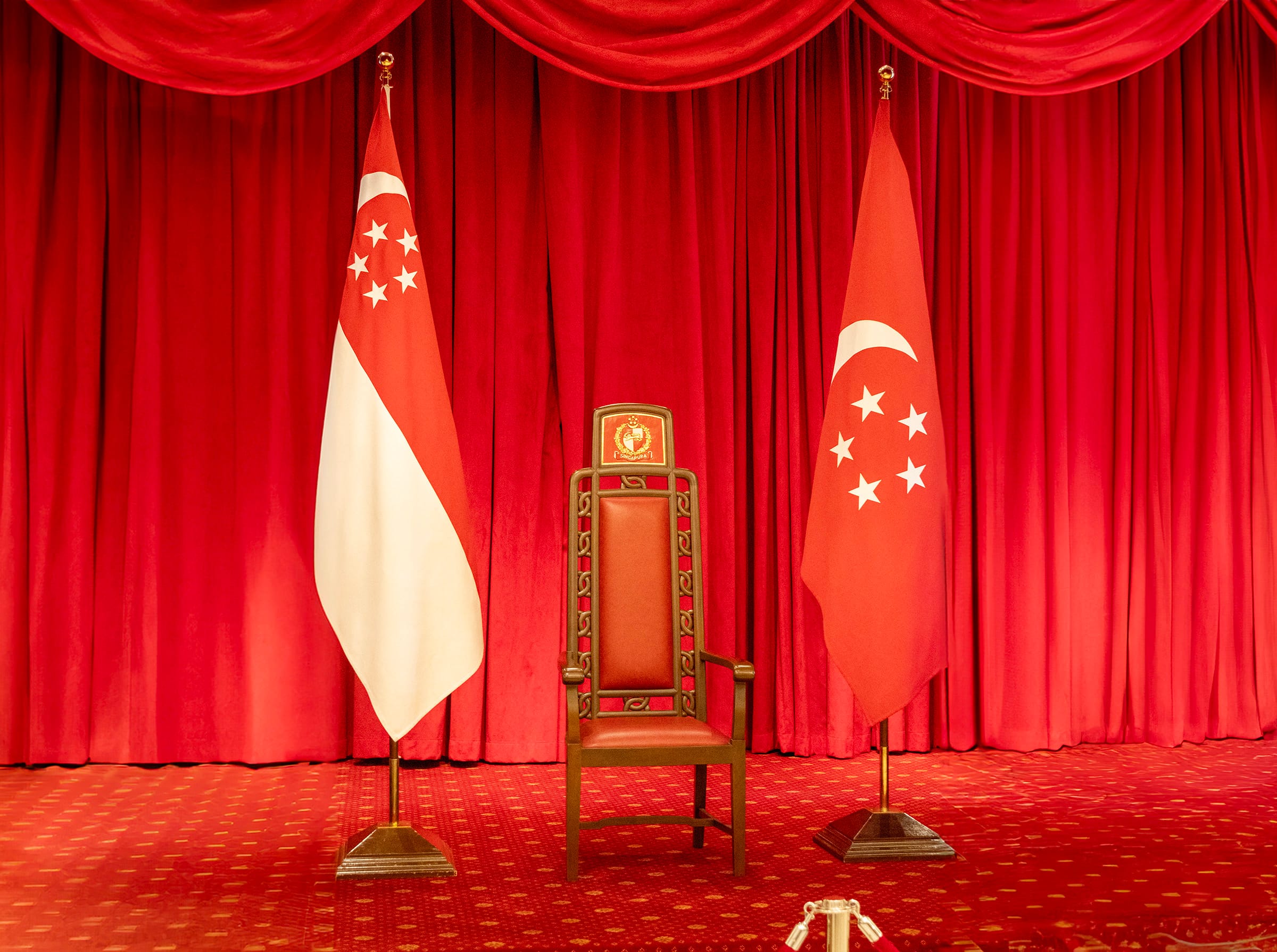Let's talk about presidential independence – not only in Singapore but in other countries with similar parliamentary systems of governance, where president is typically a ceremonial head of state but has only limited powers and, at most, acts as a safety valve in certain areas.
Here's a hard truth - nobody is ever apolitical. Nobody. No person on this planet other than dimwits who simply do not follow politics at all (and are often proud of it too).
Everybody has political views, regardless of having past affiliation with any party.
In fact, the ongoing presidential campaign in Singapore proves this more than anything else.
All three candidates who have qualified had affiliation with the PAP in the past and yet they could not be viewed more differently today.

The source of president's independence is derived not from lack of past political activity but from the law.
That law guarantees him legal authority in certain areas in which he provides checks on the government, without having any strings attached to his office that the cabinet could pull against him.
When you're a party member, even a minister, it's a group effort and even party leaders have to listen to their subordinates or risk losing influence themselves. President, on the other hand, may at most be surrounded by non-executive advisors and is the only person with any legal authority.
Moreover, typically a certain level of seniority is expected of him - in terms of age and experience. In Singapore the bar is even higher than elsewhere, given the importance of national reserves that he serves as the ultimate guardian of.
Presidents are required to have served in high ranking posts in the public sector or have run very large companies, and are typically of an age that precludes future career after the end of their term(s).
This removes another possibility of pressuring them to do what someone else could want (being accomplished, wealthy enough and old enough, there's little anybody could try to threaten a president with to force his compliance).
People seem to believe that political parties practice some sort of groupthink and every member surely must believe in the same things - when in reality each person has his own opinions on many things.
If you take that individual out of a party and place him in an office insulated from personal and political pressures, they will act in their own capacity, quite regardless of past memberships.
Of course they will share many views with their past colleagues but it should not suggest that they are somehow manipulated by them, since there really is no avenue to do that.
That's what makes presidents independent. Not lack of experiences and opinions but legal separation from the government.





